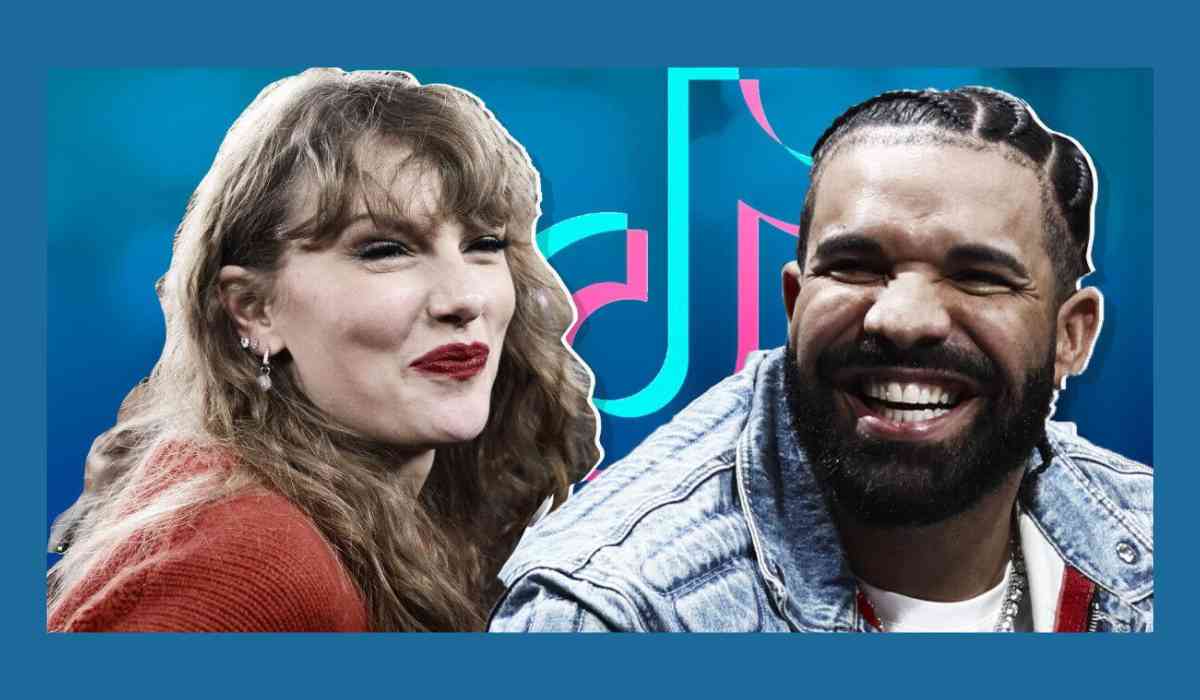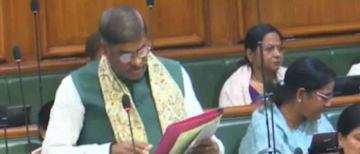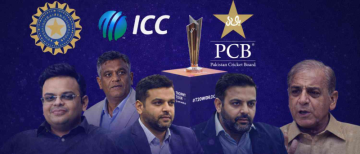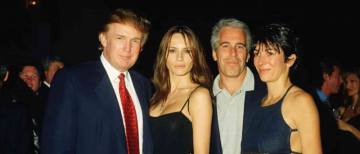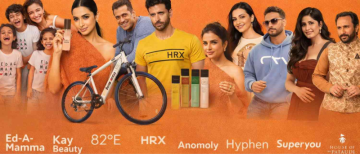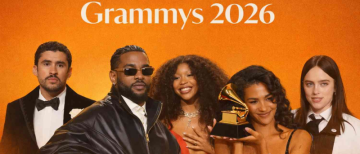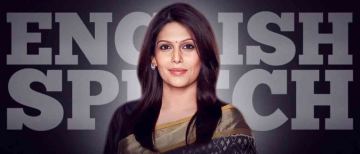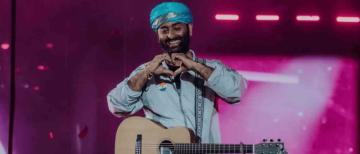TikTok, the popular social media platform known for its viral dance challenges and creative content, is undergoing significant changes in its music library following the expiration of a licensing deal with Universal Music Group (UMG) earlier this week. This move impacts a wide array of popular songs and artists represented by UMG, including the likes of Taylor Swift, Bad Bunny, and Drake.
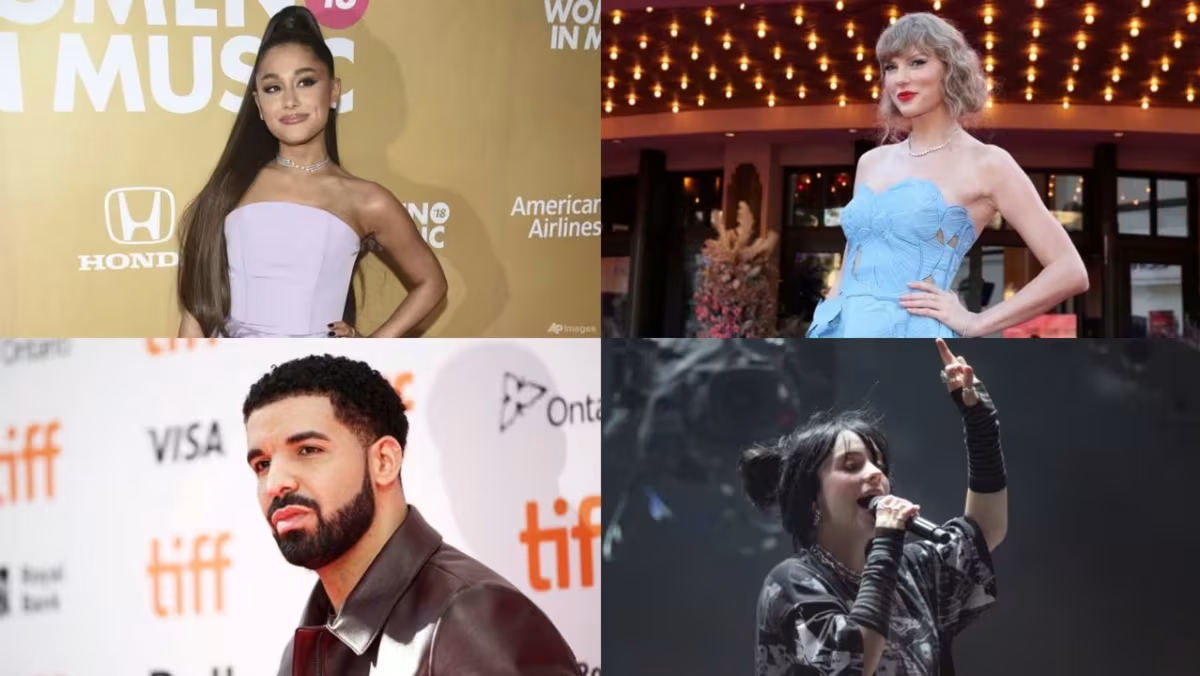
What's Changing on TikTok?
Users of the platform are already experiencing the effects of this development, as a multitude of songs licensed by UMG are being removed. The absence of tracks from artists such as Ariana Grande, Justin Bieber, and Olivia Rodrigo is particularly noticeable under the "sounds" tab, limiting options for content creators seeking to use these tracks in their videos.
The Impact on TikTok Creators
The removal of UMG-licensed music goes beyond preventing users from adding these songs to their content; it also affects past videos featuring this music. Whether these existing videos will be muted or taken down entirely is at the discretion of TikTok, as confirmed by a UMG spokesperson. Additionally, artists are prohibited from posting the audio of their UMG-licensed songs on the platform, with the assurance that the company will protect its copyrights.
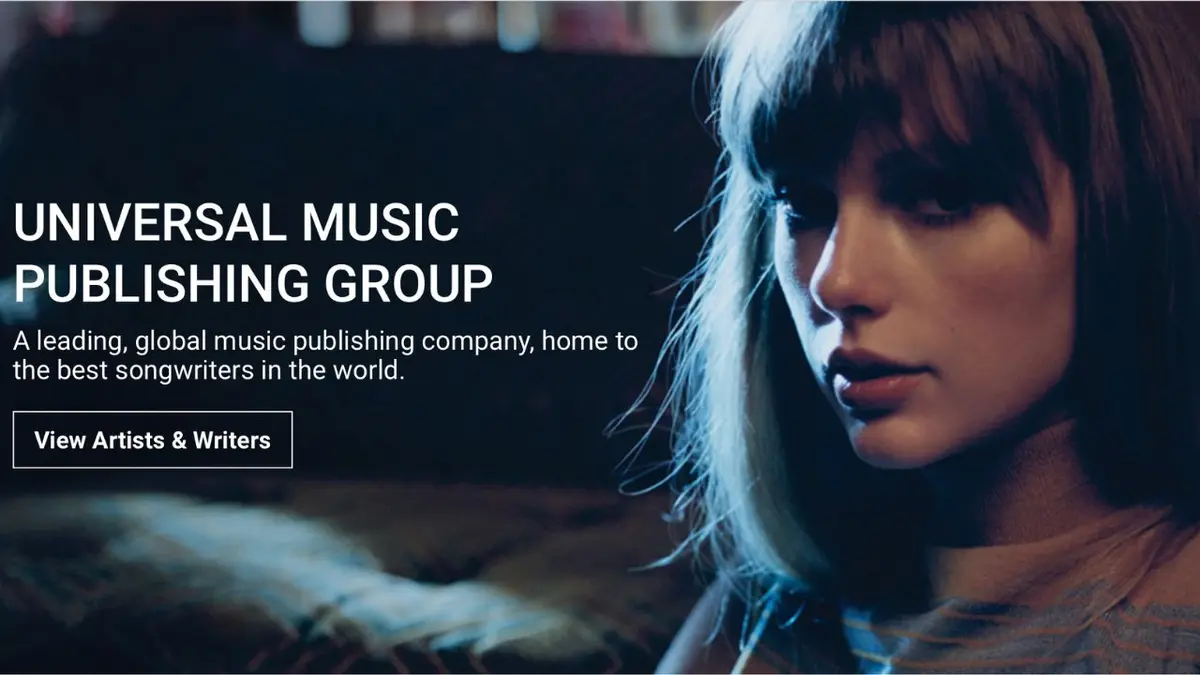
The Origin of the Rift
The expiration of the licensing agreement between UMG and TikTok occurred after unsuccessful negotiations and heated exchanges between the two parties. In a letter addressed to artists and songwriters, UMG cited three primary issues: appropriate compensation for artists, protection from the effects of AI, and online safety for TikTok users. TikTok countered these claims, asserting its commitment to "artist-first" agreements with other labels and publishers.
The Future of the Standoff
Despite the current impasse, industry experts anticipate ongoing negotiations between UMG and TikTok, suggesting that this standoff may not be a prolonged one. Historical patterns in the digital era indicate that such gaps in licensing agreements typically last from a day to a few months. The potential pressure from TikTok creators, artists, and their fan base may also contribute to a resolution.
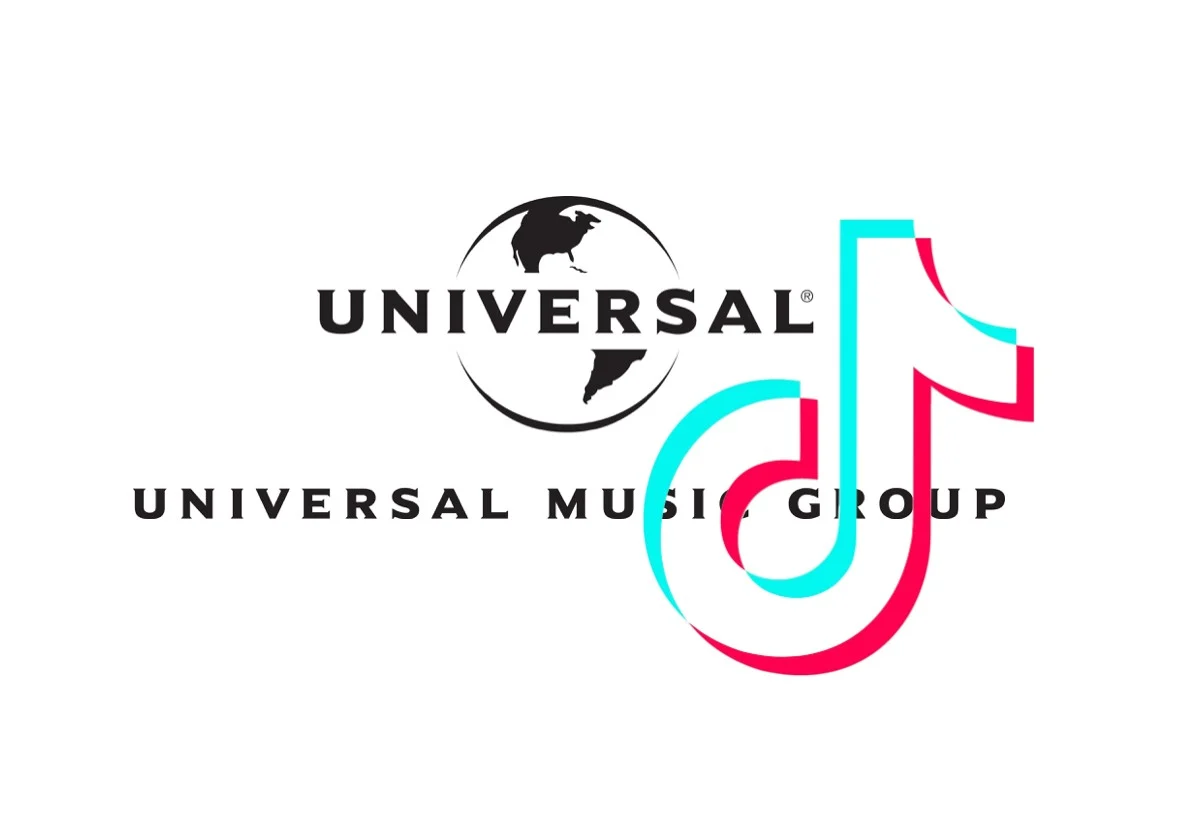
The Broader Consequences
The consequences of removing music from social media platforms like TikTok are emphasized, especially for emerging artists and smaller labels. While established artists may weather this storm, smaller entities may struggle to cope with the impact on revenue streams. Content creators and marketing experts are already preparing to adapt, acknowledging the challenges that may arise if the standoff persists.
Previous Industry Standoffs
This situation isn't the first time a recording label has clashed with a social media company over licensing terms. A notable example occurred in 2008 when Warner Music Group removed all its music from YouTube, citing inadequate compensation. After months of negotiations, a new deal was reached, highlighting the cyclical nature of such conflicts in the music industry.
TikTok's current standoff with UMG reflects the complex dynamics of the music licensing landscape, with potential repercussions for both content creators and the industry at large. The evolving situation will undoubtedly be closely watched by users, artists, and stakeholders alike.
© Copyright 2024. All Rights Reserved Powered by Vygr Media.

